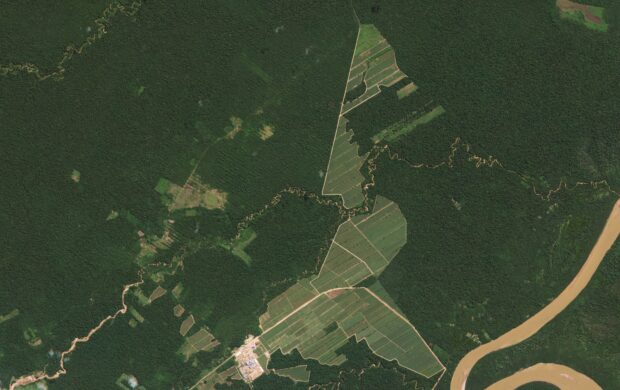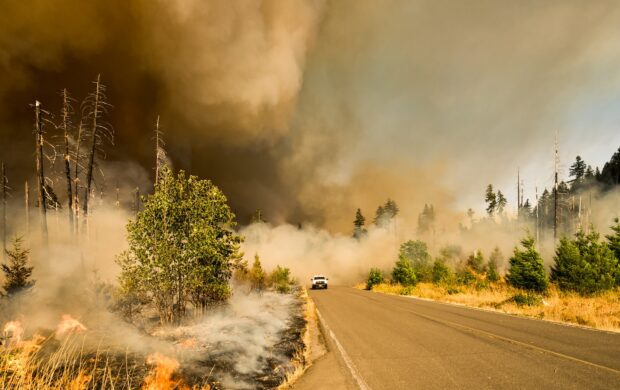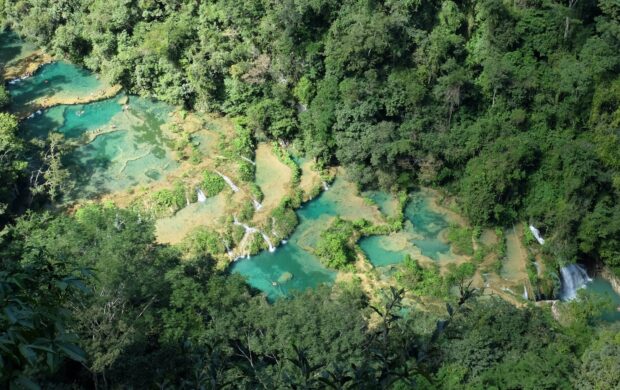Last week, the city of Bangalore witnessed torrential rains, causing severe flooding in several areas. A big reason for this flooding is the fact that unplanned, often reckless development has allowed rivulets, marshes, and lakes to be filled in and properties have been built over these reclaimed areas. That said, no infrastructure could have planned for the >300% more rains that many parts of Bangalore received this past week.

When all ecosystems are struggling from the impact of climate change, how do you determine which areas need intervention first before they are irreversibly damaged? For instance, cutting down a few trees in a dense forest may not necessarily have lasting negative impacts but cutting down a few trees in the fragile mangroves on Mumbai’s coastline can have profound, irreversible impacts. The ecosystem may enter an undesired state from which it is hard or even impossible to recover.
So what?
There now appears to be a breakthrough development of a formula that helps calculate the tipping point of ecosystems. Jianxi Gao and his colleagues at the Rensselaer Polytechnic Institute, New York, published a new equation in Nature Ecology and Evolution last week which can effectively answer that all-important question: what should we do first?
The equation helps triage declining ecosystems by measuring and comparing how far they are from their tipping points. Gao’s team studied 54 different environments around the world and analyzed factors that control their resilience. They believe that the method can not only be used to determine the resilience of ecological systems but also biological, engineering, and social systems.
Sources
-
 Researchers Develop Equations to Prevent the Collapse of Our Globe’s Most Imperiled Ecosystems https://news.rpi.edu/content/2022/08/29/researchers-develop-equations-prevent-collapse-our-globe%E2%80%99s-most-imperiled
Researchers Develop Equations to Prevent the Collapse of Our Globe’s Most Imperiled Ecosystems https://news.rpi.edu/content/2022/08/29/researchers-develop-equations-prevent-collapse-our-globe%E2%80%99s-most-imperiled -
 What if you could calculate the tipping point? https://the-ken.com/greenmargins/what-if-you-could-calculate-the-tipping-point/
What if you could calculate the tipping point? https://the-ken.com/greenmargins/what-if-you-could-calculate-the-tipping-point/



















Join discussion